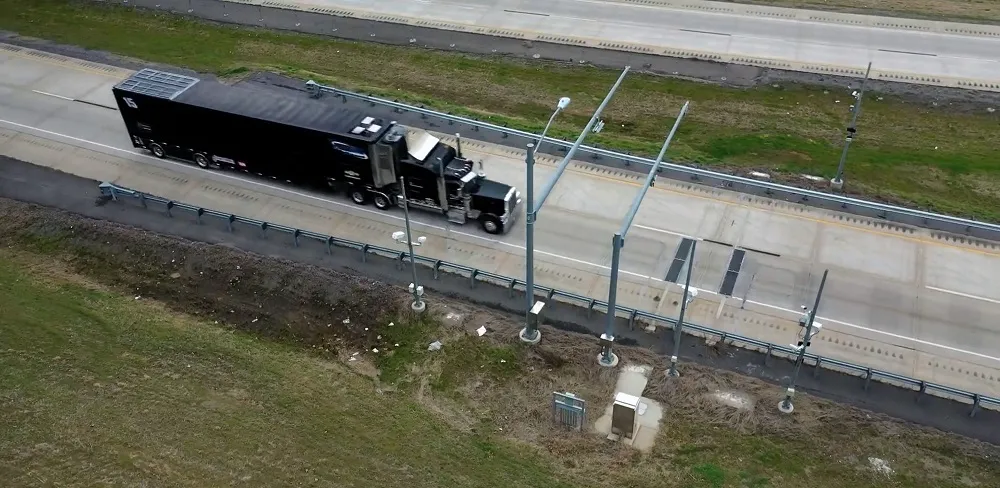Atwec Technologies, a US-based child safety company, has announced that demand for its Kiddie Voice child alarm systems has increased in Florida due to a new law requiring child safety alarms to be installed in all day care centre vehicles in Miami-Dade County by 1 December, 2012. An ordinance requiring all licensed day care centres in Miami-Dade County to install alarms that prompt drivers of vehicles transporting children to check for children upon vehicle shut off became effective in February 2012. The o
July 3, 2012
Read time: 2 mins
An ordinance requiring all licensed day care centres in Miami-Dade County to install alarms that prompt drivers of vehicles transporting children to check for children upon vehicle shut off became effective in February 2012. The ordinance language cites the risk that a young child may be forgotten inside of a parked vehicle, and that an accident of this type could prove fatal for the child.
From 2011 data, there are approximately 1,152 licenced day care centres in Miami-Dade County. All vehicles at these centres must have a system installed by December or they will be subject to fines and penalties.
Atwec’s patented Kiddie Voice child alarm system is both voice-prompted and ignition-based, and as such is specifically designed to ensure that the driver must walk to the back of the van or bus in order to deactivate the system. This feature enables the driver to check all of the seats in the vehicle to make sure that no child is left behind.










